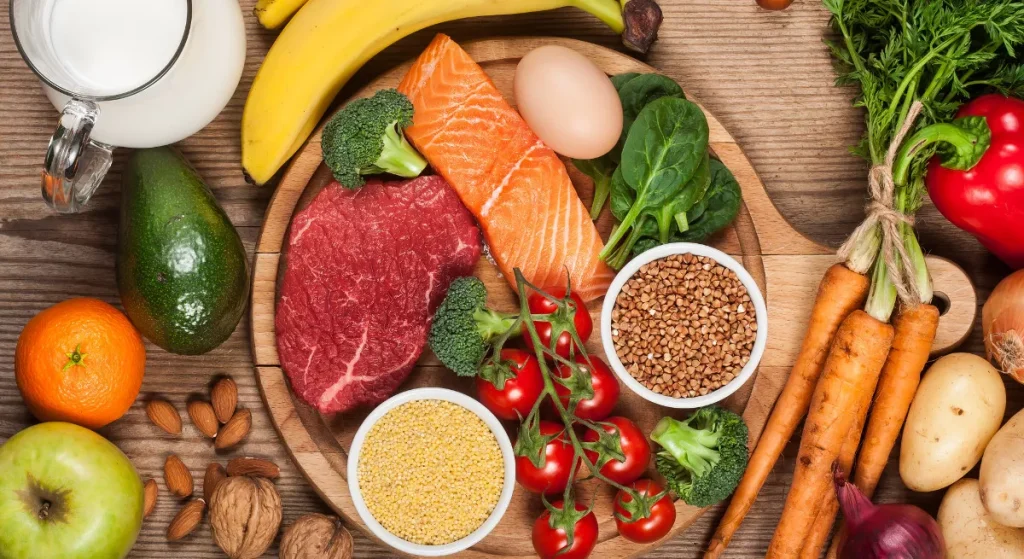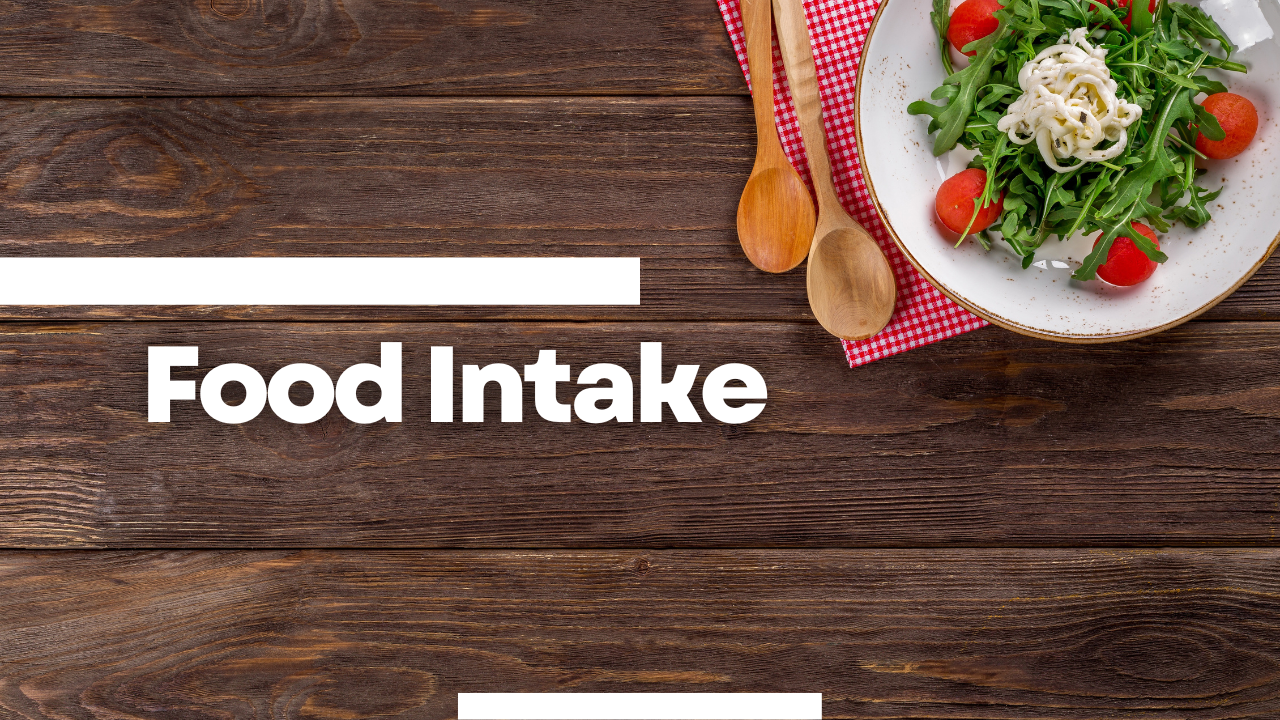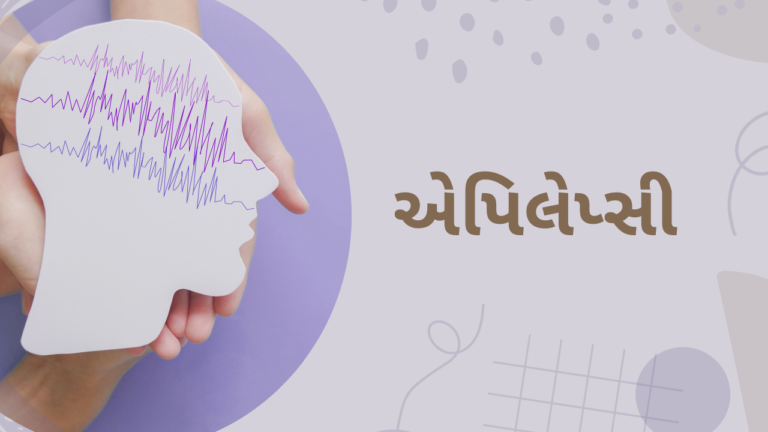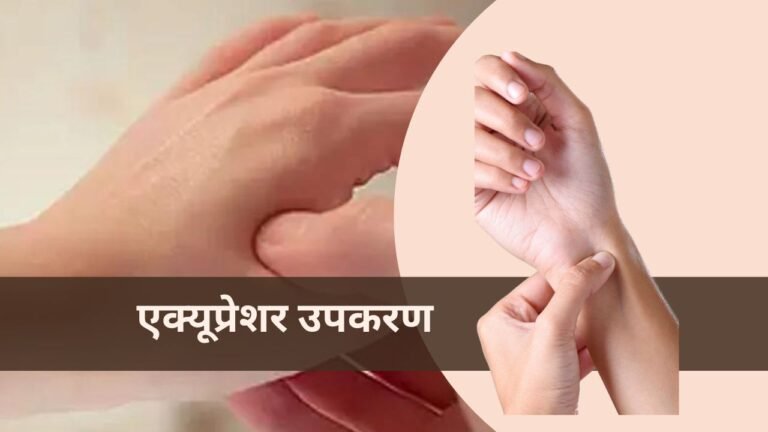Food Intake
Food Intake
To have a healthy diet it is recommended to consume a 70:30 ratio of food consumption. It doesn’t mean that if the food pattern is divided into a 70:30 ratio which means one should consume 70% of food as raw food and 30% of food as cooked food. There is a certain pattern and follow-up as per the digestion and flow process of your body in a whole day. The first thing to do in the morning before consumption of any meal is to drink ‘matka-cola’ which means water from normal Matka in your house. A glass of water is needed to maintain proper metabolism in your body. Drinking water from a clay pot boosts metabolism. Water held in a clay pot boosts the body’s natural metabolic system.
BREAKFAST INTAKE
At prior breakfast is the start of our routine diet which is the most important part of the day. If we break both words i.e. ‘break’ which means breaking and ‘fast’ which means fasting. Breakfast in general means the morning meal which we consume if the food breaks our fast which we’ve kept since our dinner is done which is of 12–14 hours. People think that in the morning to be healthy one should consume a heavy amount of food. But unfortunately, it is not correct. You should consume light amounts of food which can be easily digested and are healthy too.
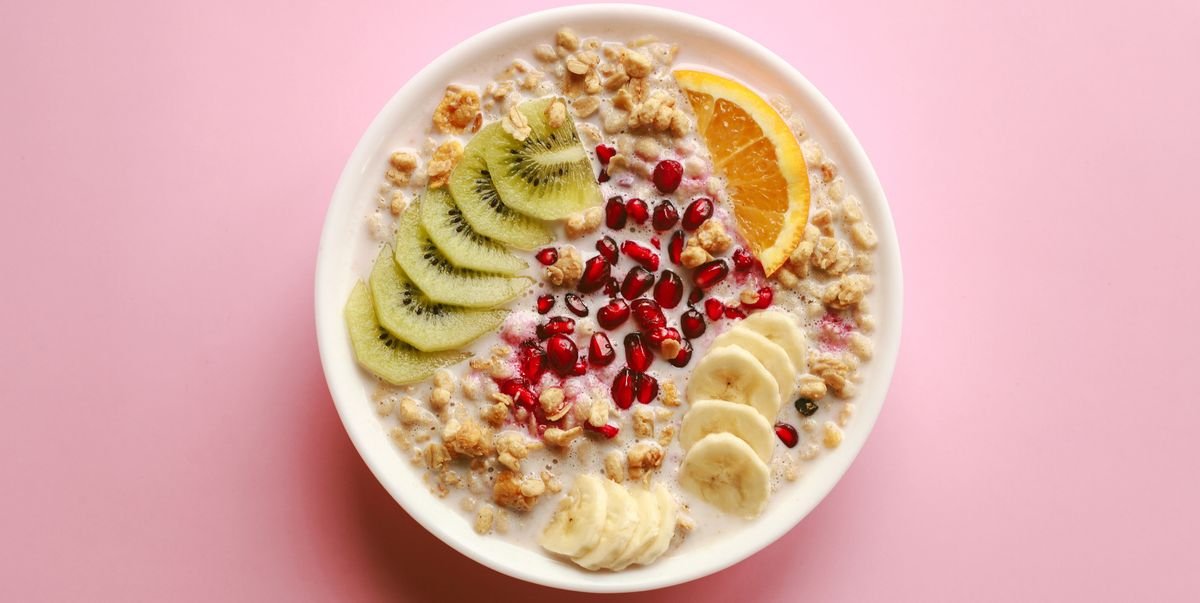
One should give more importance to fresh fruits and juices in the morning. As it is the very first intake food of our routine the alkaline balance can be maintained in the morning itself for a healthy and balanced diet.
Eating heavy food in the morning can imbalance the digestive system. To avoid that one should eat fresh, seasonal and regional fruits which are comparatively much healthier than the packed and stored fruits.
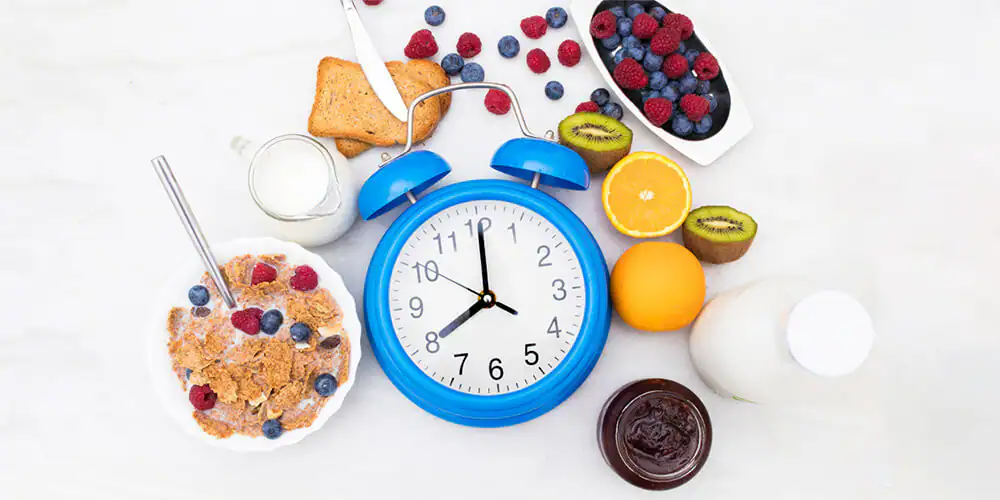
Including juices, one should consume freshly prepared juices as well as fruit drinks and avoid tetra-packed drinks for the same. Even if you think that your appetite is more than eating dried fruits. The dates, raisins, figs, apples etc are some of it which are soaked and consumed instead it is very hard to chew.
LUNCH INTAKE
Generally, you should eat lunch after 2 hours of your breakfast. One should consume fibre again as a raw intake diet of the day.

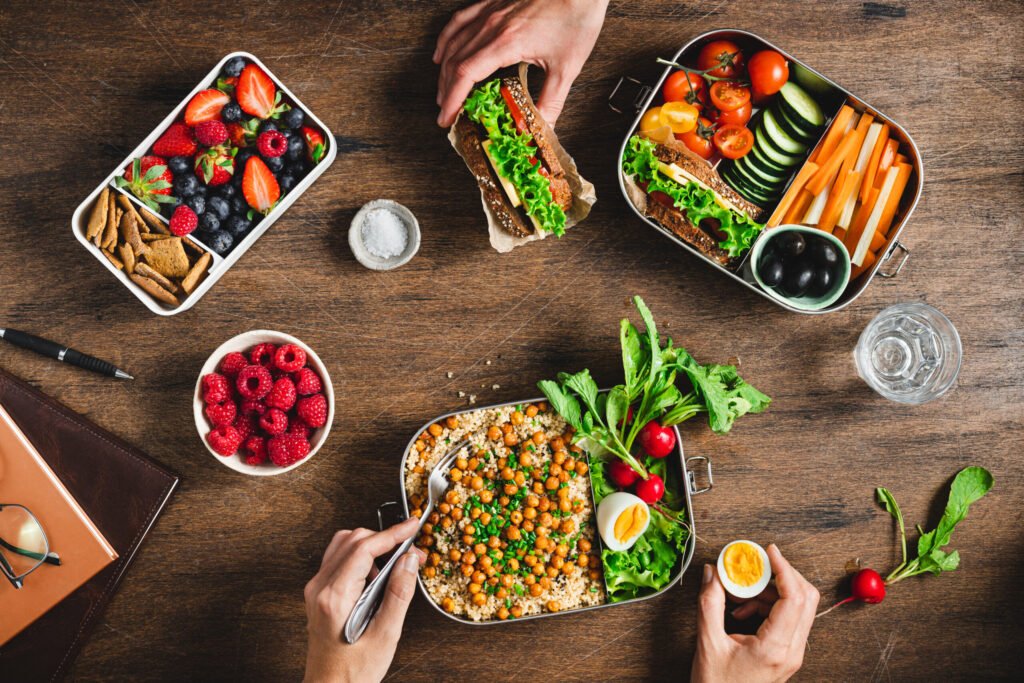
You can consume any vegetable juices which are available in the house and to make it even healthier you can add flax seeds, pumpkin seeds or sunflower seeds. If you consume this type of smoothie and include the morning intake of fruits and juices it is about 40–50% of your raw food intake. The rest of 20–30% can be balanced with cooked food.
To start lunch, you should first consume raw salads which can maintain the fluid intake of your body. The first cooked intake will be your noon meal. If you consume a full thali in the lunch, it will be not easy to digest your food. If you are consuming roti and sabji avoid rice then. Similarly, if you’re consuming dal and rice avoid eating chapati with eat. Combining all of it is not healthy. Always consume a single-grain meal at a time for better energy and carbohydrates. After lunch do not consume anything not even a glass of water for about an hour so that will be easy to digest whatever you’ve consumed before.
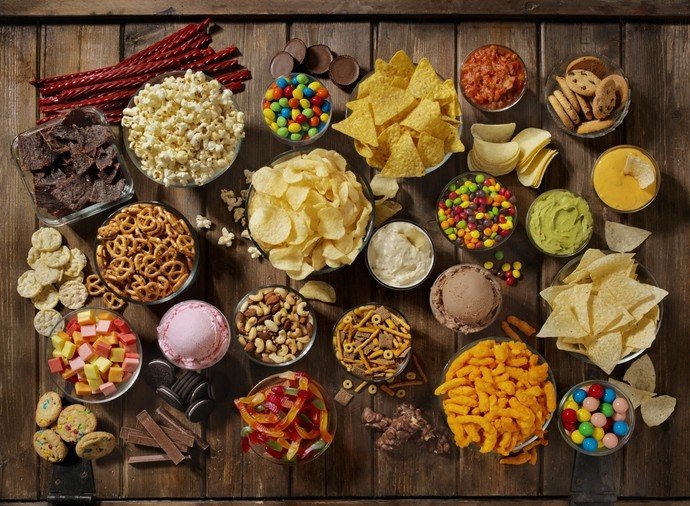
SNACKS INTAKE
Generally, people consume coffee, tea and some snacks post-lunch. Instead eat cashew nuts, walnuts, dates, almonds, pistachio, etc. for protein intake and prefer cold beverages instead of hot ones.
DINNER INTAKE
The last part of the day is the dinner. Generally, people in this metropolitan city prefer eating by 9 and past 9 which is again not good. For the meal to be digested one should consume it during the sunset time or before 8 in the evening. Again, one should follow single-grain consumption at a time. If possible, one should also consume vegetable clear soup before dinner which egrets the digestive juices. As this intake would help in digesting the meal at night which is a much slower process. After eating we don’t have any such activities to do which would require the whole of us so one should eat light food which will be easy to digest.
Eat boiled and soaked food and grains which is generally recommended. One should even avoid chapati, bhakri, etc which are not healthy to digest. One should even avoid protein-rich food in the night meal which again takes time to digest. One should eat diet daily, vegetable khichdi, etc. which is easily digested.
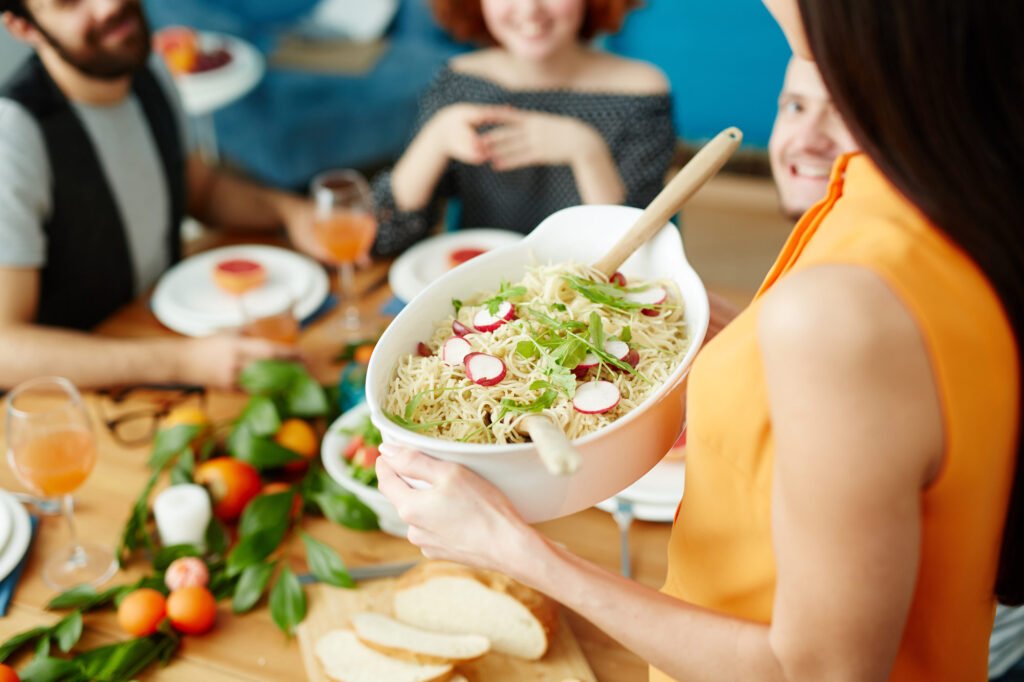
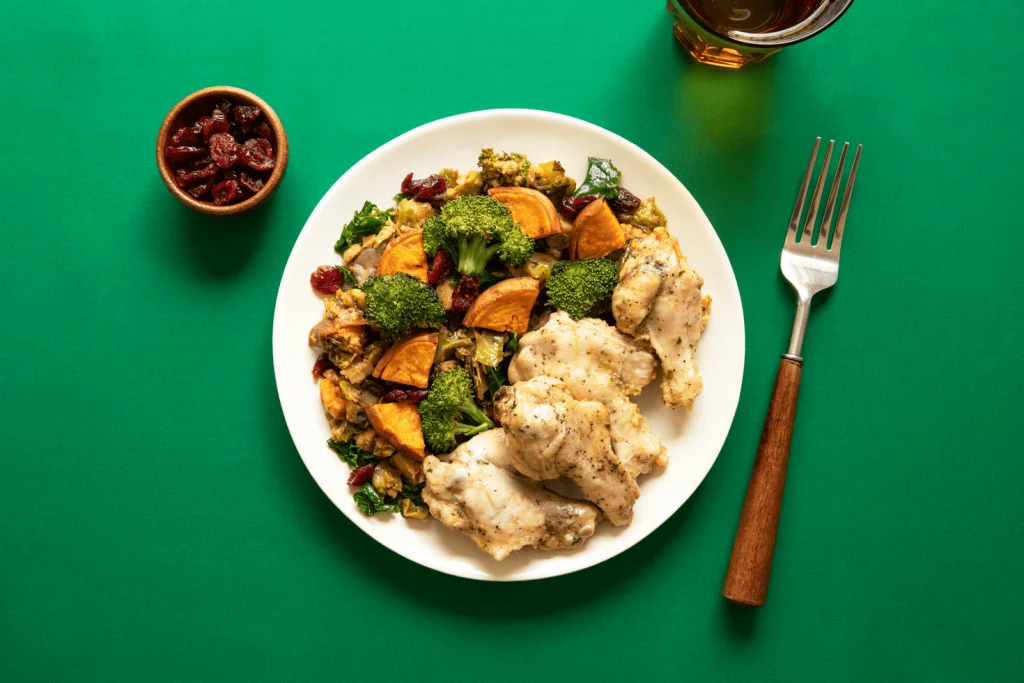
Basically, avoid fermented and fried food and have light food which is digested easily and provides nutrients too. After which if required then consume cooked food. If after digestion at night again you are hungry go with single fruit consumption only which will help in proper digestion
If you’re again allergic to some foods, fruits or vegetables then do not consume them. This healthy diet plan is for a healthy lifestyle. If you’re a diabetic patient or have some chronic issues go with the diet planned by your consultant.
